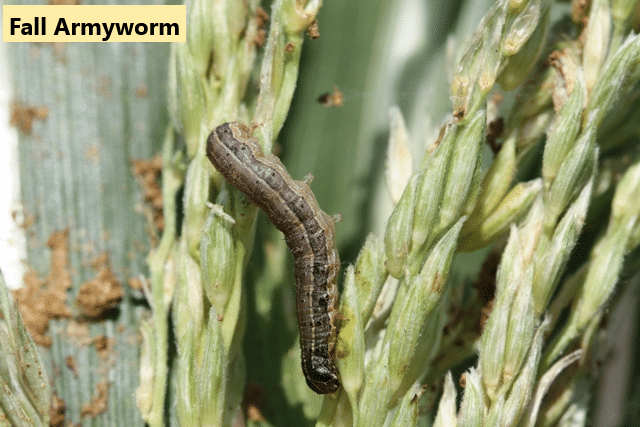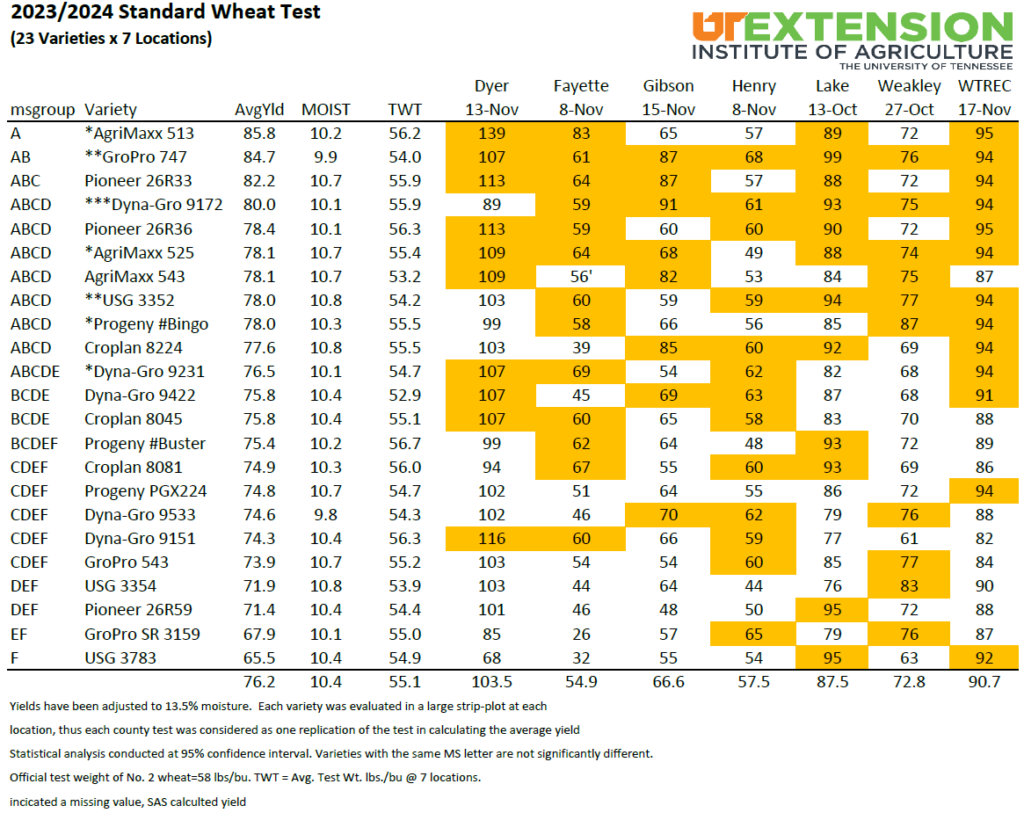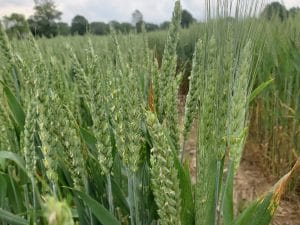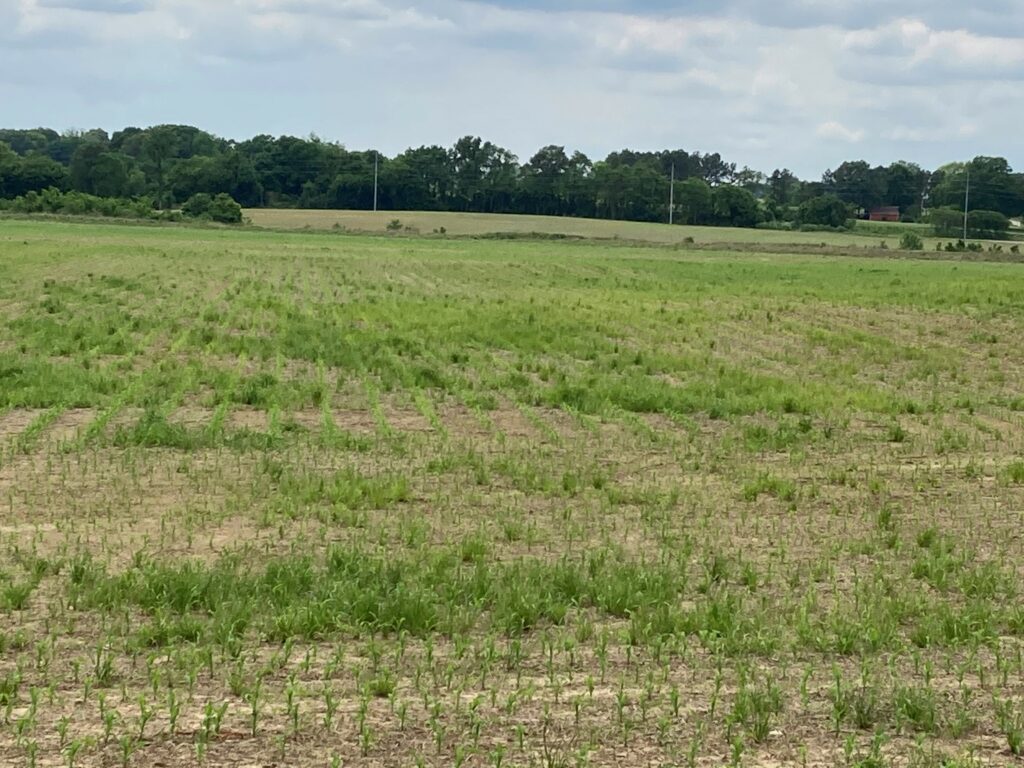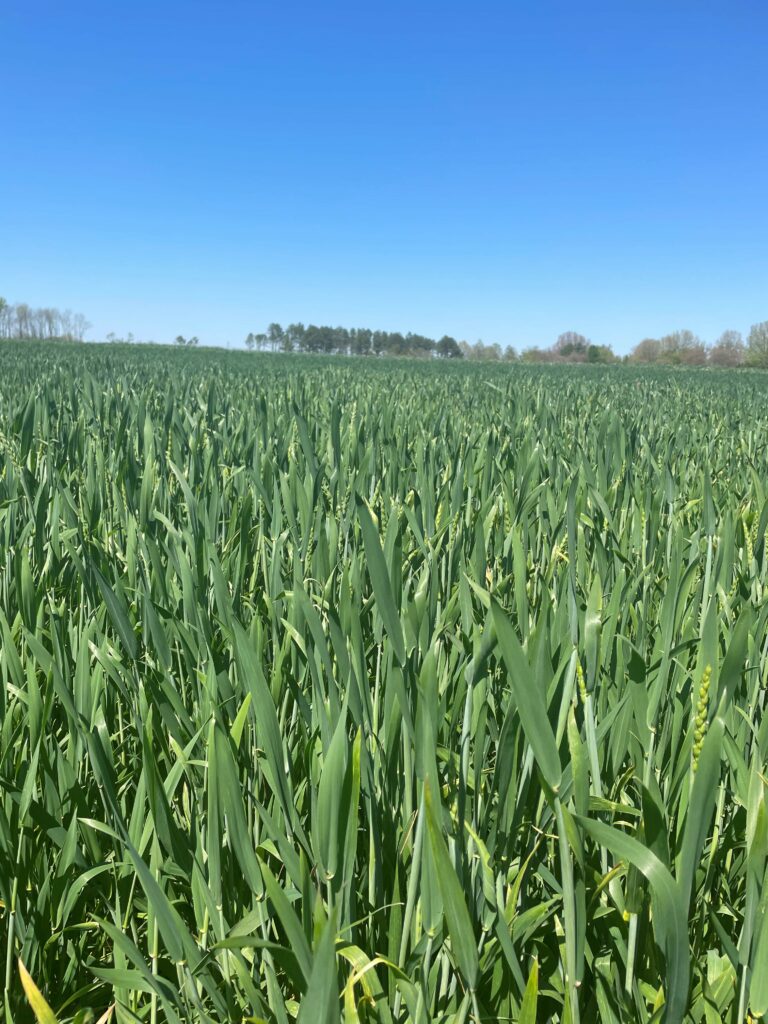I’ve gotten a few calls on fall armyworms (FAW) infesting cover crop wheat and production wheat. FAW, in large enough numbers, will defoliate a wheat field if left uncontrolled and UT’s FAW threshold is four worms per square foot. To date, pyrethroids have been providing satisfactory control of FAW in soybeans and pastures and the same can be assumed for wheat. Pyrethroids are the most economic option but also provide the shortest residual (3-5 days). Other options include Vantacor, Besiege and Radiant/Blackhawk. Insecticide seed treatments for Hessian Fly and/or aphids won’t control FAW and if numbers exceed threshold a foliar spray may be required. Another option is to delay wheat planting until after October 15th (Hessian Fly Free Date) as infestations of fall armyworm almost always occur in early planted wheat, especially for wheat planted in September.
